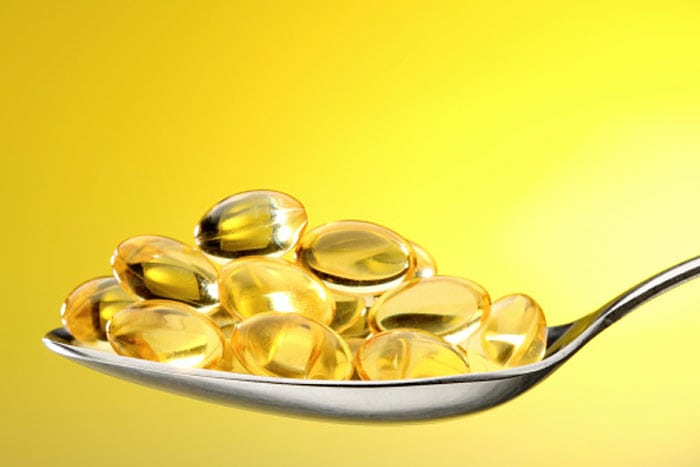
Written By: Owennie Lee, RD
Title: Registered Dietitian
Alumni: University of British Columbia
Last Updated on:

If you have been instructed by your doctor to take omega-3 fatty acid supplements for your heart condition, you might have experienced some confusion and frustration at the store shelf. From the simple “Omega-3” to “Pharmaceutical Grade Wild Salmon Fish Oil Complex,” there is a plethora of choices out there. Be confused no more – let us help you navigate the zoo and find the right omega-3 fatty acid supplement for you.

Table of Contents
The name of the supplement may not necessarily tell you anything. The first rule of thumb is to check the ingredients. You need to look for DHA (Docosahexaenoic acid) and/or EPA (Eicosapentaenoic acid), the two long-chain omega-3 fatty acids that have been shown to be helpful in the prevention of heart diseases. Depending on the dose your doctor prescribed, you can then determine which supplement will give you enough, without needing to take too many capsules each day.
The more types of omegas, the better? The answer is no. Although both omega-3 and omega-6 fatty acids are essential (meaning that your body cannot synthesize them from scratch), the typical American diet is very high in omega-6 and deficient in omega-3 fats. Omega-9 fatty acids, which are monounsaturated fatty acids (e.g., oleic acid, a fatty acid found in olive oil), offer many health benefits, but humans can synthesize them from other fatty acids. So forget about the omega-6 and omega-9, and simply focus on what you need, i.e., an omega-3 fatty acid supplement that is rich in DHA and EPA for maximum health benefits.
When it comes to picking a quality omega-3 fatty acid supplement, price isn’t always a good indicator. If you are not vegetarian, choose a supplement that is sourced from small oily fish and contains adequate amounts of DHA and EPA (as prescribed by your physician). If you dislike the fishy burps, choosing enteric-coated pills over softgels may offer some relief. Pay no attention to claims such as “pharmaceutical grade,” as they don’t mean much.
Tell Us: Which brand of omega-3 supplement do you take?
Alumni: University of British Columbia – Owennie is a registered dietitian with a soft spot for chocolate and coffee. She is a believer in balance and moderation, and is committed to keeping healthy eating enjoyable and fun. Owennie received her dietetics training in Vancouver, and is a member of Dietitians of Canada and the College of Dietitians of British Columbia. She has experience in a wide variety of settings, such as clinical nutrition, long-term care and outpatient counseling. Owennie has also worked for a community nutrition hotline and participated regularly as a guest radio host, where she enjoyed sharing her passion and knowledge about food and nutrition with people.
dha, epa, fish, flax, heart smart, omega-3, supplements